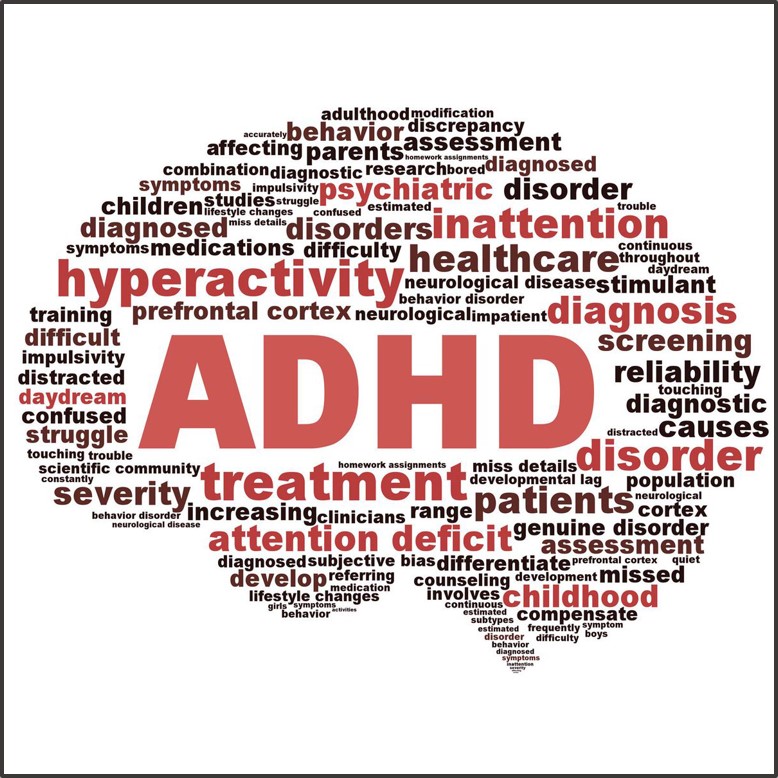The Link Between ADHD and Emotion Regulation

IF you’re living with Attention-Deficit Hyperactivity Disorder (ADHD) you may sometimes feel like you’re riding a rollercoaster of emotions. The highs of boundless creativity and enthusiasm to the lows of frustration and overwhelm. That whirlwind of feelings can be challenging to manage.
ADHD is generally associated with difficulties in attention, focus, and impulse control. But the link between ADHD and emotion regulation is often overlooked. There is an intricate relationship between ADHD and emotion regulation. So, the unique challenges you may be facing require strategies for navigating an emotional rollercoaster.
Understanding Emotion Regulation and ADHD
Emotion regulation means the ability to recognise, understand, and manage your emotions in a constructive manner. However, if you have ADHD, you may find regulating emotions a little like trying to tame a wild horse. It may feel unpredictable, overwhelming, and often exhausting. The neurobiological underpinnings of ADHD, including differences in brain structure and neurotransmitter function, contribute to difficulties in emotion regulation.
Challenges Faced by those with ADHD
- Emotional Intensity: you may experience emotions more intensely than your neurotypical peers. This can lead to heightened sensitivity and reactivity to environmental stimuli.
- Impulsivity: a hallmark feature of ADHD, can manifest in impulsive emotional responses. You may have outbursts of anger or frustration — without foresight or consideration of the consequences.
- Difficulty Shifting Attention: ADHD-related difficulties in shifting attention can result in perseverative, or stuck, thoughts and rumination. This exacerbates emotional dysregulation and prolongs distressing feelings.
- Executive Functioning Deficits: these include difficulties in planning, organisation, and self-regulation. This can impair your ability to effectively regulate emotions and implement coping strategies.
Strategies for Navigating the Emotional Rollercoaster
- Mindfulness Practices: Mindfulness meditation and mindfulness-based interventions can help you cultivate awareness of your emotions. You can learn to observe them without judgment, and develop greater self-regulation skills.
- Cognitive-Behavioral Therapy (CBT): CBT techniques include cognitive restructuring and emotion regulation skills training. This can help you identify and challenge maladaptive thought patterns and develop healthier coping strategies.
- Medication Management: Pharmacological interventions include stimulant medications or non-stimulant option. Atomoxetine can help alleviate ADHD symptoms, including emotional dysregulation, by modulating neurotransmitter activity in the brain.
- Exercise and Physical Activity: Regular exercise improves mood, reduces stress, and enhances executive functioning if you have ADHD. This makes it an effective adjunctive strategy for managing emotions.
- Supportive Relationships: Cultivate supportive relationships with friends, family members, or mental health professionals. This can provide validation, empathy, and practical guidance in navigating the emotional challenges of ADHD.
Embrace the Journey
Living with ADHD and navigating the rollercoaster of emotions that come with it can be a daunting yet transformative journey. Embrace self-compassion, seek support, and implement effective coping strategies. You can learn to ride the waves of your emotions with greater resilience and self-awareness. Remember, you are not alone on this journey. With the right tools and support, you can harness your unique strengths and thrive in all aspects of life.